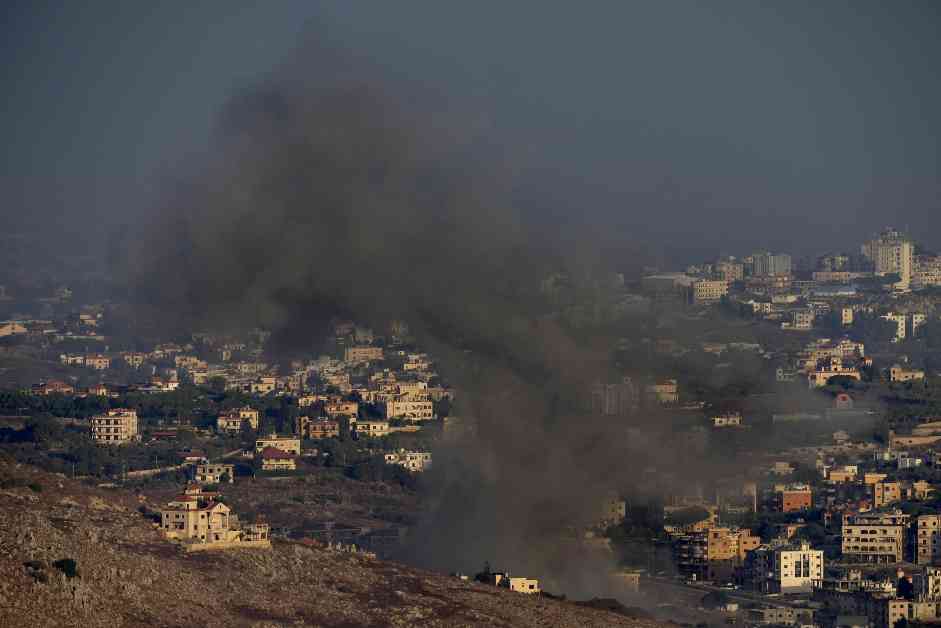The Israeli military launched a significant attack on Lebanon, targeting 300 locations in an intense series of airstrikes against Hezbollah, an Iranian-backed terrorist group. This marks one of the most extensive bombardments in nearly a year of conflict between the two sides. The strikes resulted in 50 deaths and 300 injuries, according to Lebanon’s health ministry.
Israeli military officials, including Lieutenant General Herzi Halevi, authorized the attacks from Tel Aviv’s military headquarters. They have also indicated that there will be more aggressive actions against Hezbollah in the coming days. Concurrently with the airstrikes, air-raid sirens were sounded in northern Israel as a precaution against potential rocket fire from Lebanon.
In a rare move, Israel advised residents in southern Lebanon to evacuate from areas where Hezbollah allegedly stores weapons. The Israeli military warned of “extensive strikes” against the organization, signaling a heightened escalation in the conflict. Despite this warning, there was limited immediate movement of people from the affected areas, raising concerns about the safety of civilians in the region.
The recent surge in hostilities between Israel and Hezbollah has sparked fears of a full-scale war, adding to the ongoing conflicts Israel is managing with Hamas in Gaza. The situation is further complicated by the abduction of numerous hostages by Hamas in a recent attack. Hezbollah has pledged to continue its attacks in support of Palestinians and Hamas, while Israel is focused on restoring peace along its northern border.
The escalating violence underscores the volatile nature of the region and the complex web of political and military tensions at play. The international community is closely monitoring the situation, urging restraint and diplomatic efforts to prevent further bloodshed and protect civilian lives. As the conflict continues to unfold, the need for dialogue and de-escalation becomes increasingly urgent to avoid a broader humanitarian crisis and devastating consequences for all parties involved.
